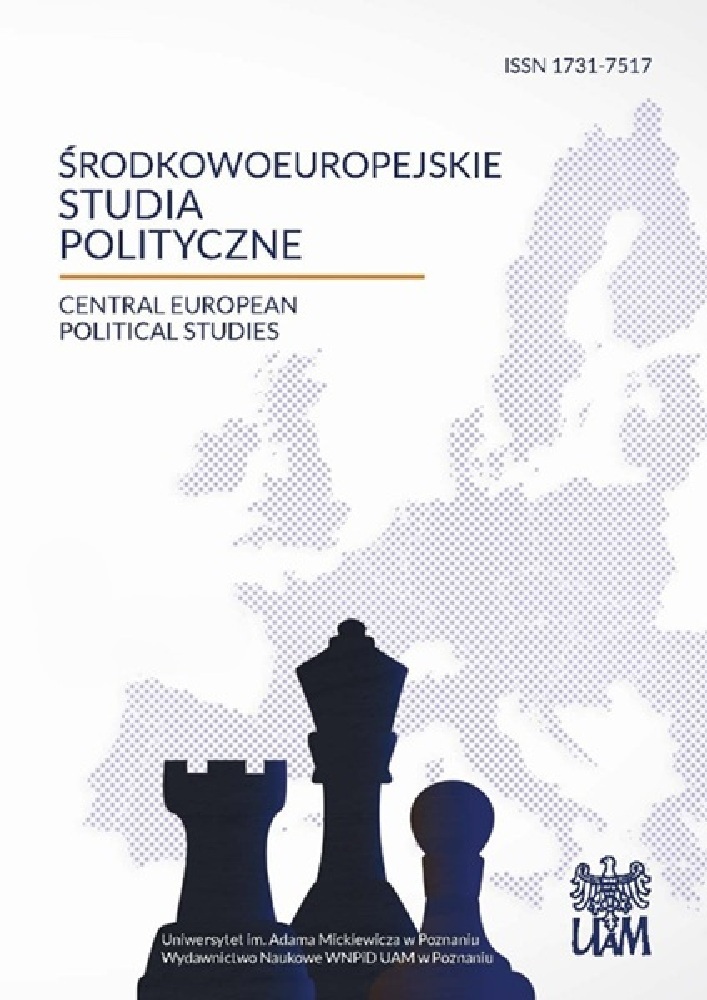Abstract
The paper discusses the response of the media in the city of Lublin to a conflict of two candidates of the Platforma Obywatelska (Civic Platform) political party to the Polish parliament (Sejm): Magdalena Gąsior-Marek and Joanna Mucha. To a large extent, this conflict defined the 2011 election campaign in Lublin. The media, mainly local and regional printed press, followed the dispute between the two deputies-candidates. Both ladies, deputies in the sixth term of the parliament at the time, and in the seventh term at present, were well-known in the Lubelskie region but later came to be nationally known under peculiar circumstances. Magdalena Gąsior-Marek gained reputation when she gave flowers to Minister Cezary Grabarczyk after the opposition failed to depose him, while Joanna Mucha stirred controversy with her interview in a party magazine POg³os, where she addressed the issue of applying certain medical procedures to the elderly. The conflict of the two candidates concentrated around the Civic Platform electoral list in the Lubelskie region and the places assigned to both ladies on this list with G¹sior-Marek coming first and Mucha – second. The paper attempts to answer a question of to what extent the involvement of journalists in the presentation of the conflict followed from their need to provide information to electors, and to what extent it meant taking one of the sides.License
Copyright
© 2013, Uniwersytet im. Adama Mickiewicza w Poznaniu, Wydawnictwo Naukowe Instytutu Nauk Politycznych i Dziennikarstwa
OPEN ACCESS
